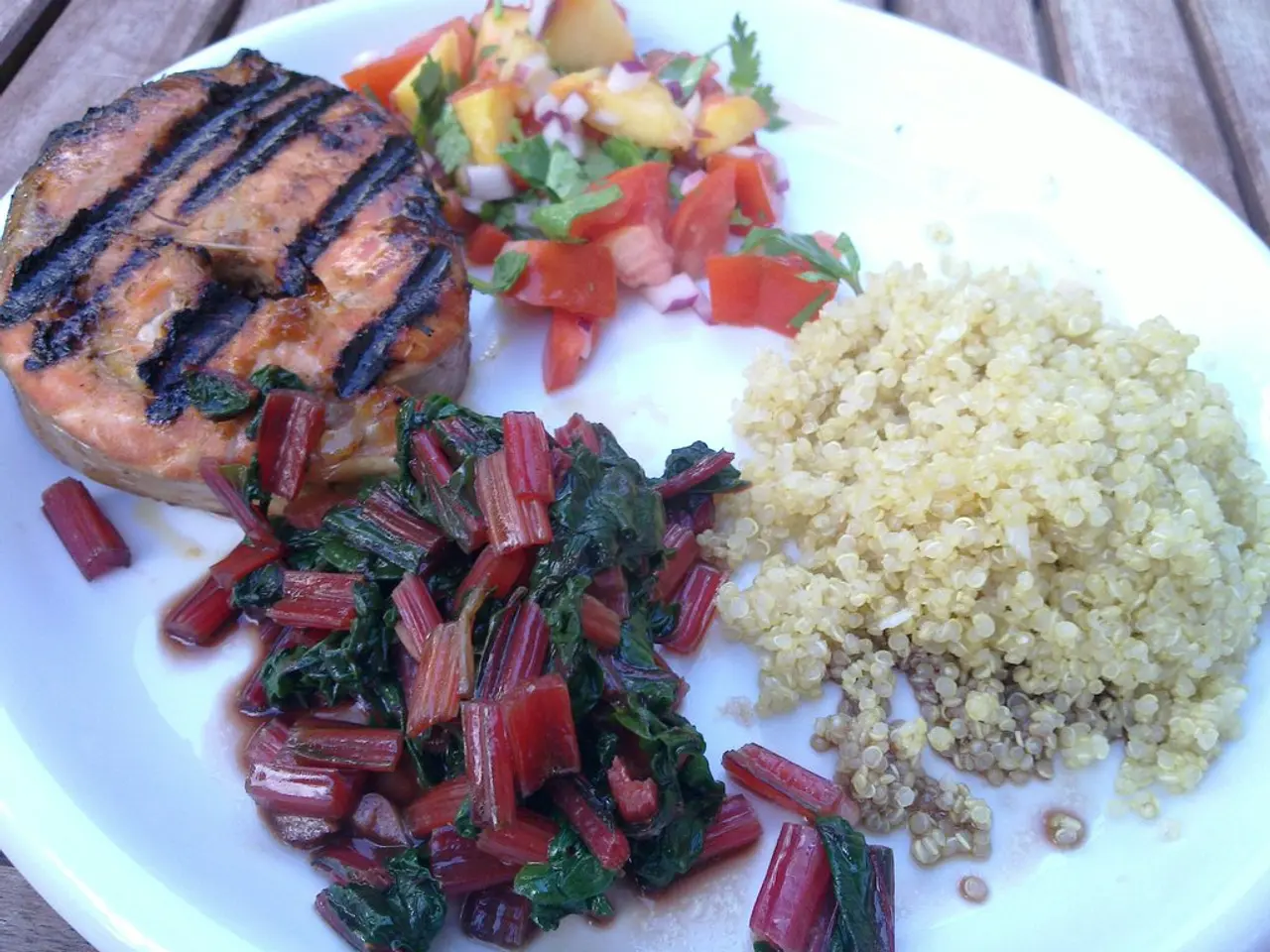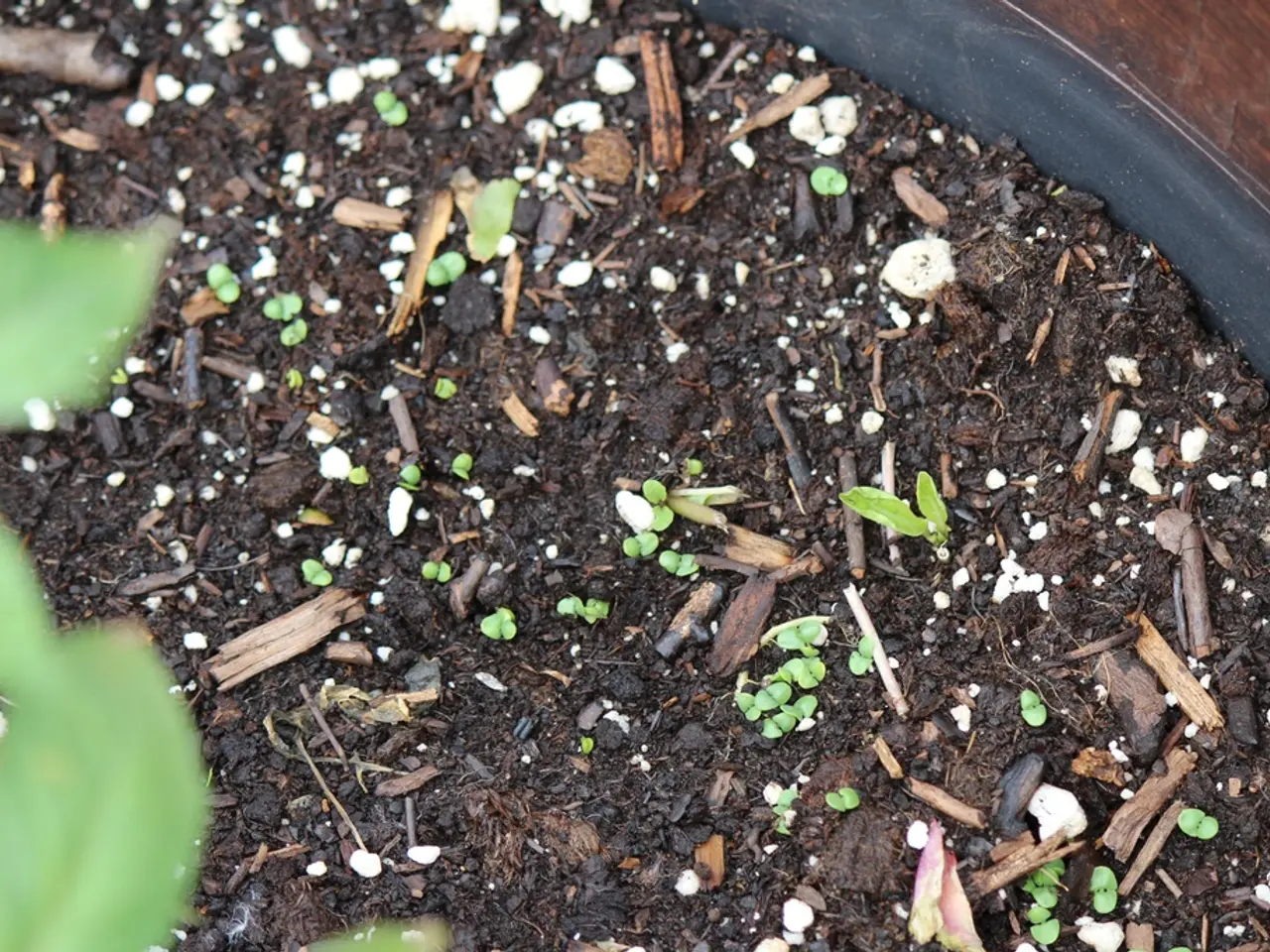Domestic Remedies for Alleviating Hangover Symptoms: Top Picks
In the aftermath of a night of alcohol consumption, many people find themselves grappling with the unpleasant symptoms of a hangover. While there is no definitive cure for hangovers, a variety of remedies can help alleviate the discomfort.
First and foremost, preventing a hangover from happening in the first place is key. This can be achieved by drinking in moderation, avoiding congeners (a type of toxin found in darker alcohols), getting enough sleep, staying hydrated, and eating food before drinking.
Alcohol is a diuretic, causing the body to pass more urine and leading to dehydration and electrolyte imbalances. Rehydrating the body by drinking water is, therefore, one of the most effective ways to improve the symptoms of a hangover. Electrolytes, such as sodium, potassium, and magnesium, which are lost through urination, can be replenished by consuming fluids containing these electrolytes.
Antacids, such as baking soda, can also provide relief from the bloating, gas, and stomach upset associated with hangovers. These remedies neutralize stomach acid, helping to alleviate gastrointestinal discomfort.
Inflammation caused by alcohol consumption contributes to hangover discomfort. Anti-inflammatories like aspirin, ibuprofen, and naproxen can help relieve headaches and muscle aches, but should be used with caution due to potential stomach irritation. Natural anti-inflammatory compounds like turmeric and ginger are also traditionally used and help manage pain and inflammation.
Antioxidants may help mop up free radicals produced by alcohol, potentially reducing the negative effects of drinking alcohol. Good dietary sources of antioxidants include berries, cherries, grapes, pomegranates, carrots, spinach, ginger, dark chocolate, nuts and seeds, green and black teas. Some hangover drugs and supplements include antioxidants like vitamin C, E, and glutathione which aid the liver and overall recovery.
Coffee and tea may provide cognitive and antioxidant benefits but vary by individual. Coffee contains antioxidants like polyphenols that can have anti-inflammatory effects, but may also be dehydrating depending on individual response. Tea, especially green tea, contains L-theanine, an amino acid that can promote relaxation, improve sleep quality, and support cognitive function after drinking, which may alleviate some hangover symptoms.
Eating breakfast can help regulate blood sugar levels to relieve some symptoms of a hangover. Low blood sugar levels contribute to some hangover symptoms. A balanced breakfast may help replenish nutrients and stabilize blood sugar.
It's important to note that there is no scientifically proven cure for hangovers, and the lack of research has left room for a wide range of myths to develop about the best ways to cure a hangover. Regulatory assessments indicate that around 90% of tested commercial hangover remedies demonstrated effectiveness in alleviating symptoms when supported by clinical trials. Home remedies combined with balanced nutrition complement these strategies in hangover symptom relief.
In summary, rehydration with electrolytes and antioxidant support are among the most effective scientifically supported methods, while antacids and anti-inflammatories help manage specific symptoms like stomach upset and inflammation. Coffee and tea may provide cognitive and antioxidant benefits but vary by individual. Eating breakfast can help regulate blood sugar levels to relieve some symptoms of a hangover. Home remedies combined with balanced nutrition complement these strategies in hangover symptom relief.
- To prevent a hangover, consider practicing a lifestyle that includes drinking in moderation, getting enough sleep, staying hydrated, and eating food before drinking - all part of workplace-wellness and health-and-wellness.
- In the home-and-garden, having supplies like baking soda, which is an antacid, can help provide relief from the bloating, gas, and stomach upset associated with hangovers.
- For a more holistic approach, consider incorporating foods rich in antioxidants, such as berries, grapes, ginger, dark chocolate, nuts and seeds, green and black teas, and darker alcohols like red wine with less congeners, into your food-and-drink choices as part of your personal-growth.
- Education-and-self-development can help you understand that moderate drinking and a balanced diet, including sources of electrolytes like water, sodium, potassium, and magnesium, are essential in managing the symptoms of a hangover, as science reveals.
- As you navigate the unfavorable effects of a night of alcohol consumption, remember that coffee and tea, depending on individual response, may provide some cognitive benefits and antioxidant support in alleviating hangover symptoms.
- To maintain mental-health, practice self-care and consider shopping for supplements containing antioxidants like vitamin C, E, and glutathione, which can aid the liver and overall recovery - part of the medically-approved therapies-and-treatments.
- Whether trying a hangover remedy or supporting your lifestyle with fitness-and-exercise, always prioritize nutrition, aiming for a balanced breakfast to help stabilize blood sugar levels and relieve some hangover symptoms.
- Fostering healthy relationships and a strong career-development can lead to making sound decisions, like choosing drinks with fewer congeners and promoting portions, which can contribute to a hangover-free lifestyle.
- As you continue to explore strategies for ending your encounters with hangovers, remember that there is no one-size-fits-all solution, and the journey towards health and wellness, guided by science and personal growth, will achieve the best results for you.




